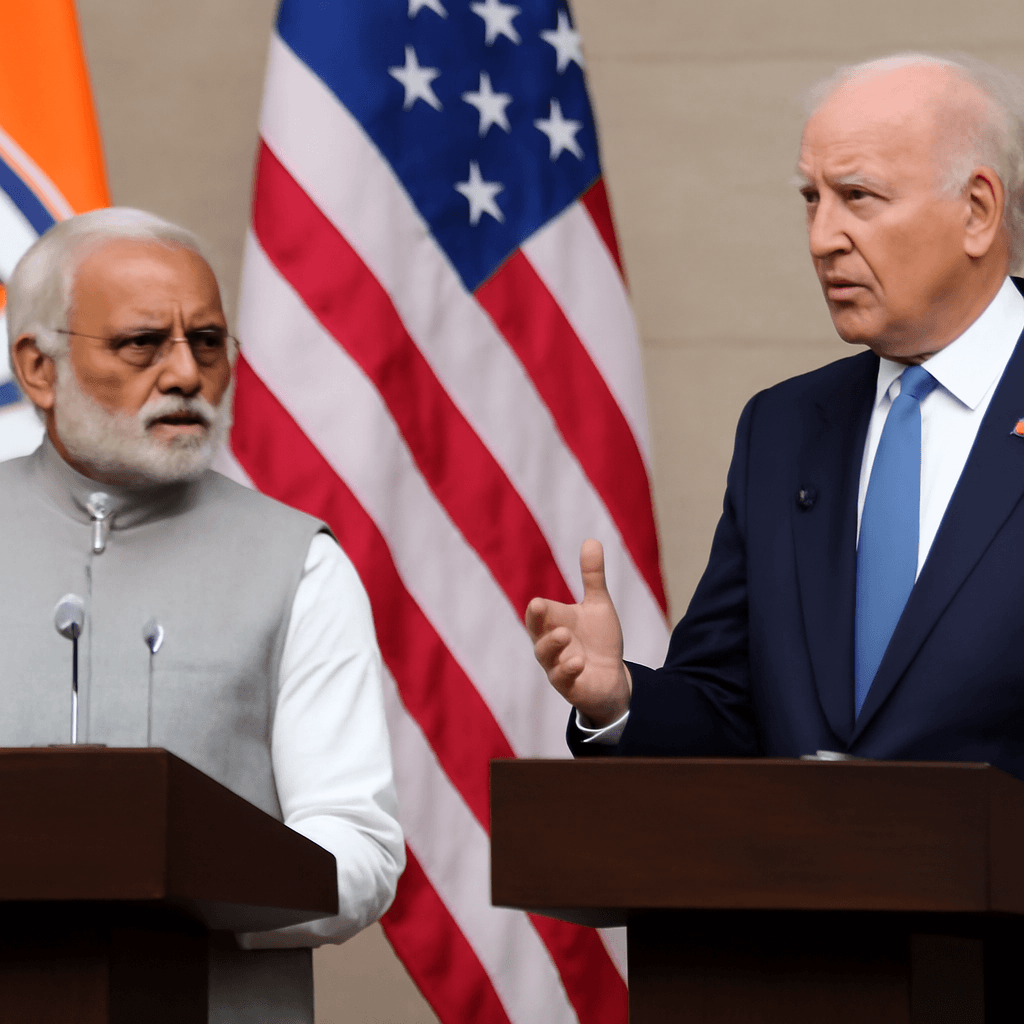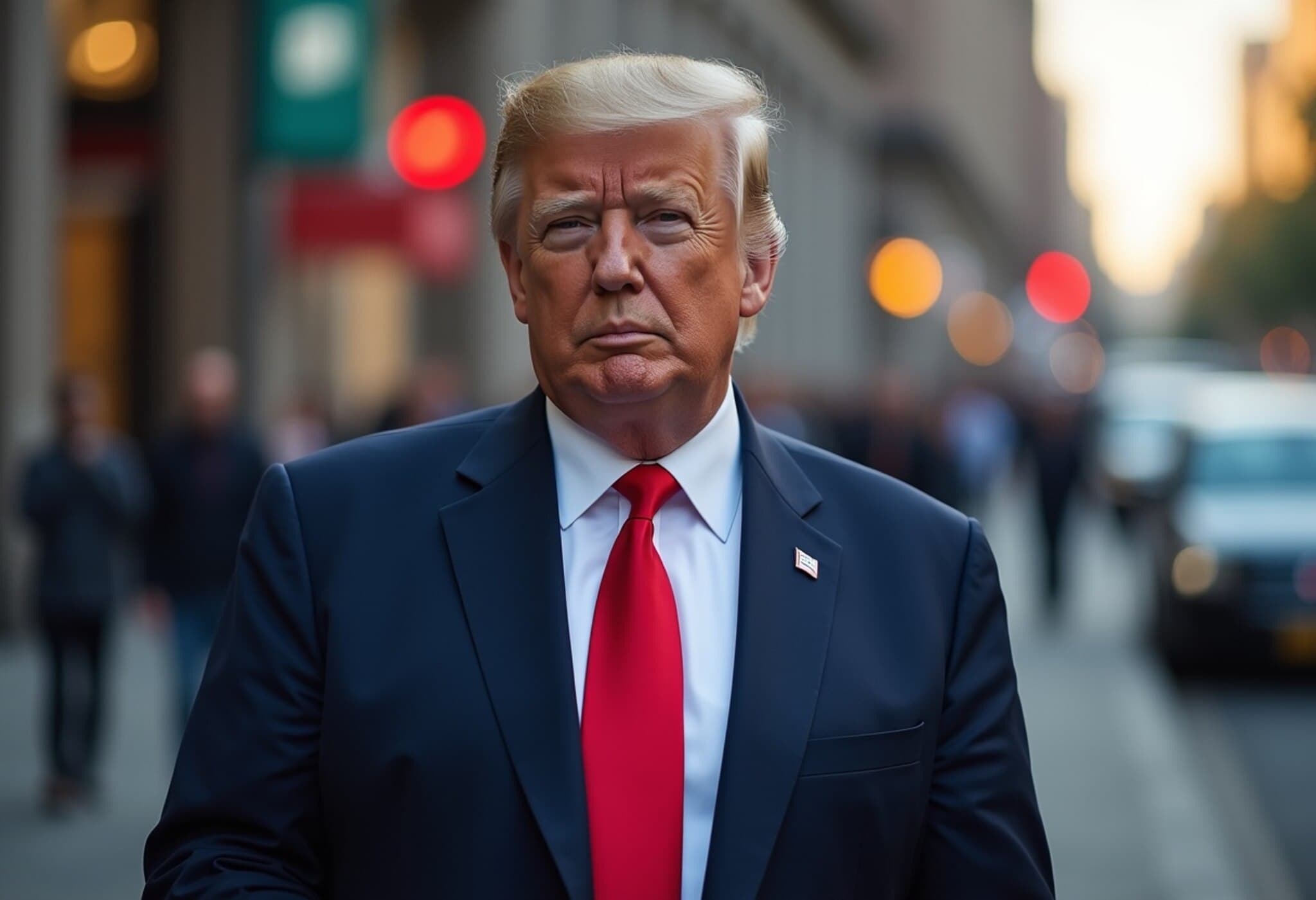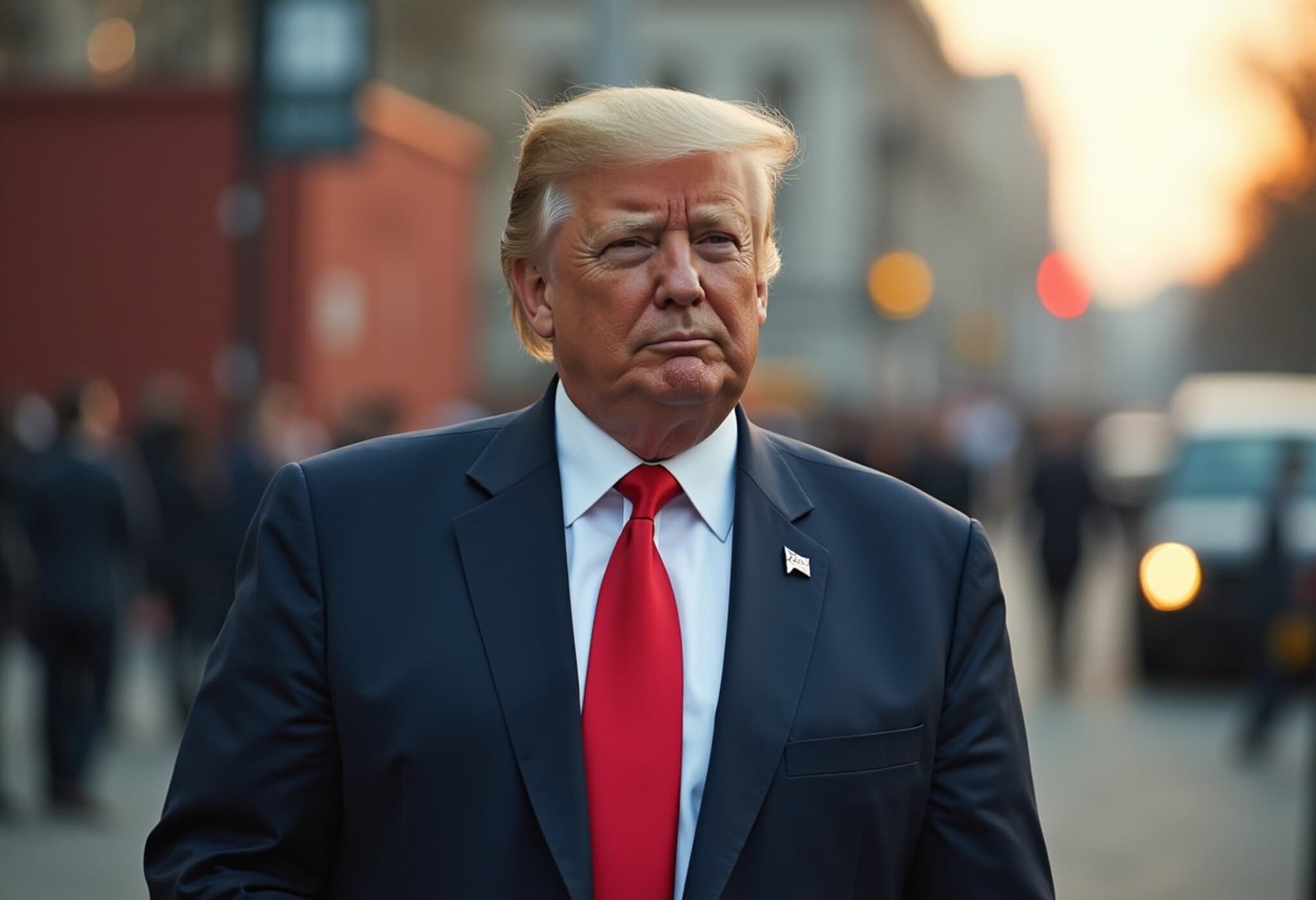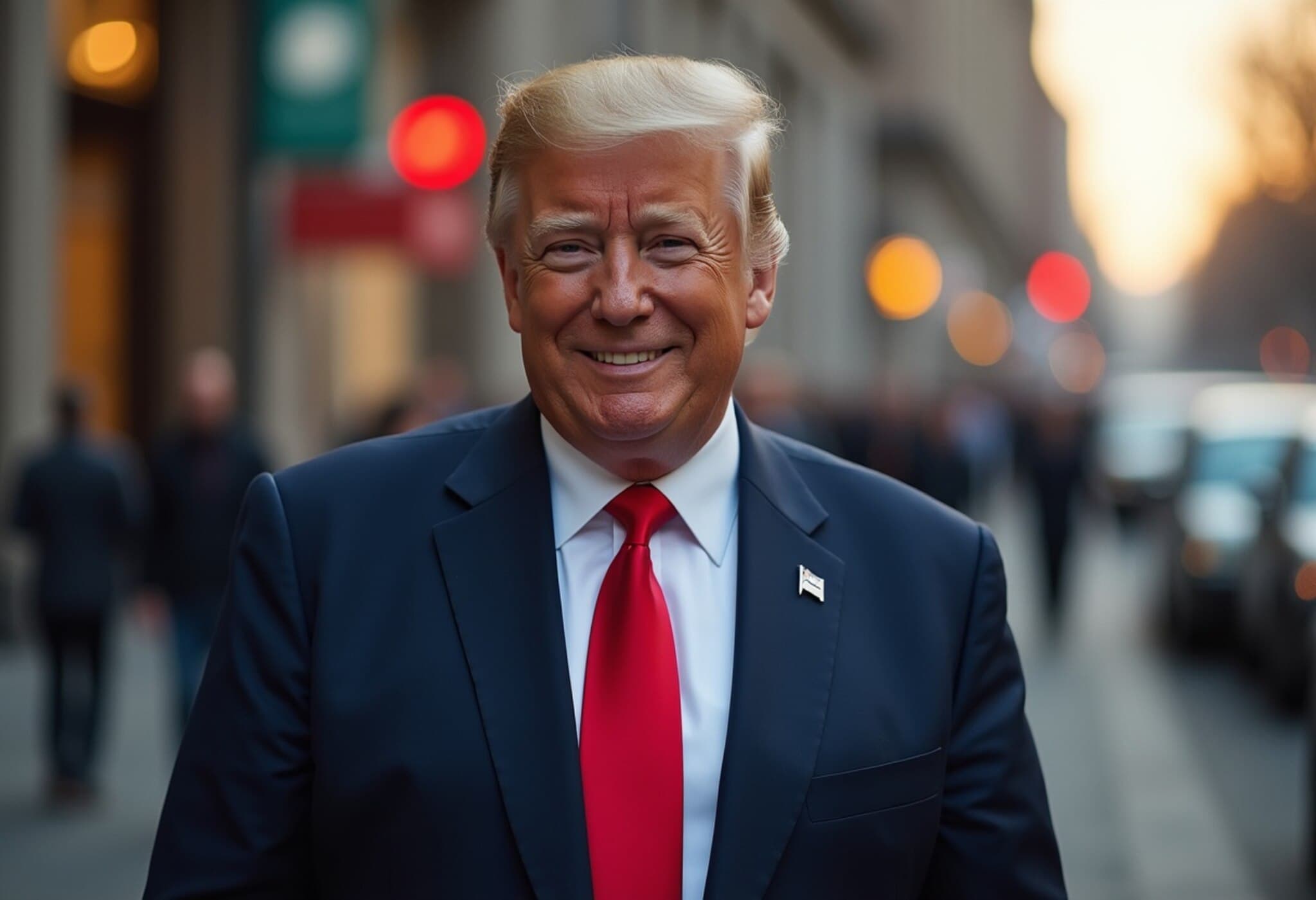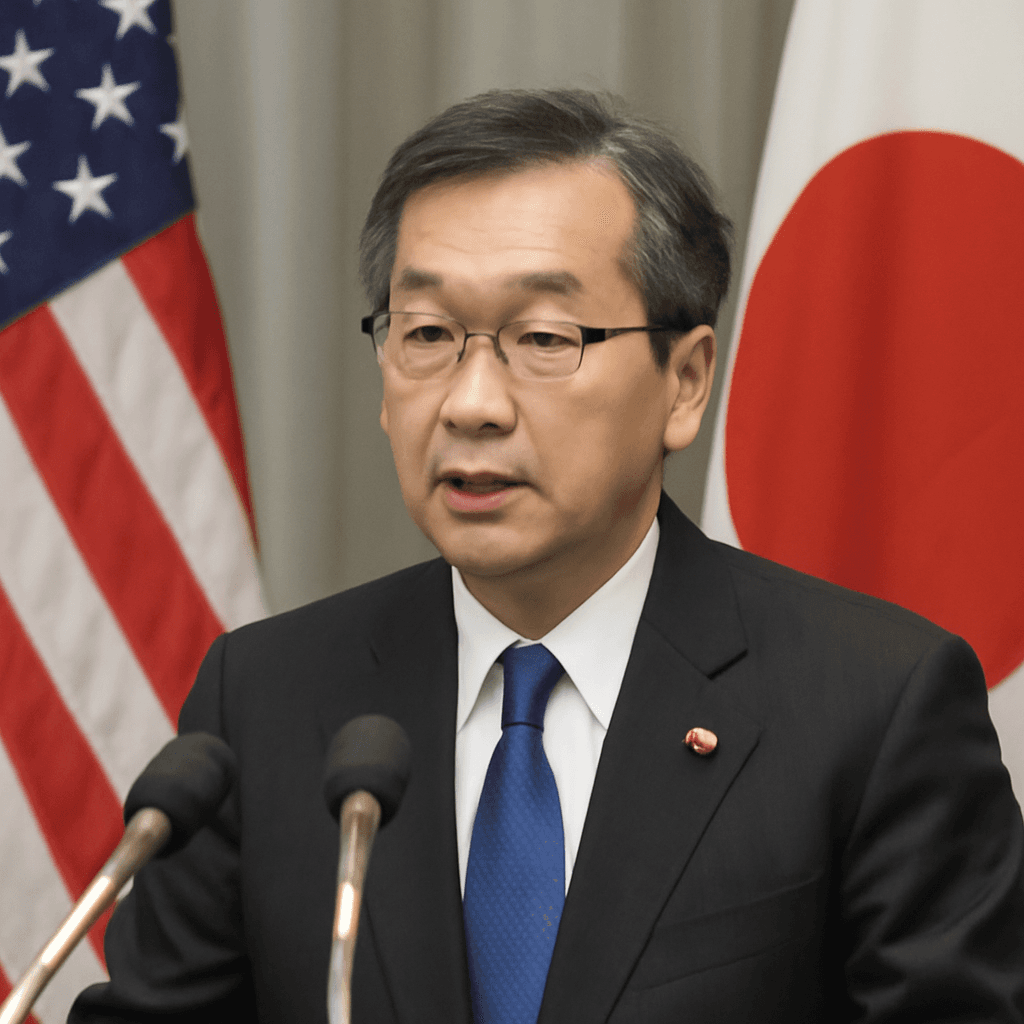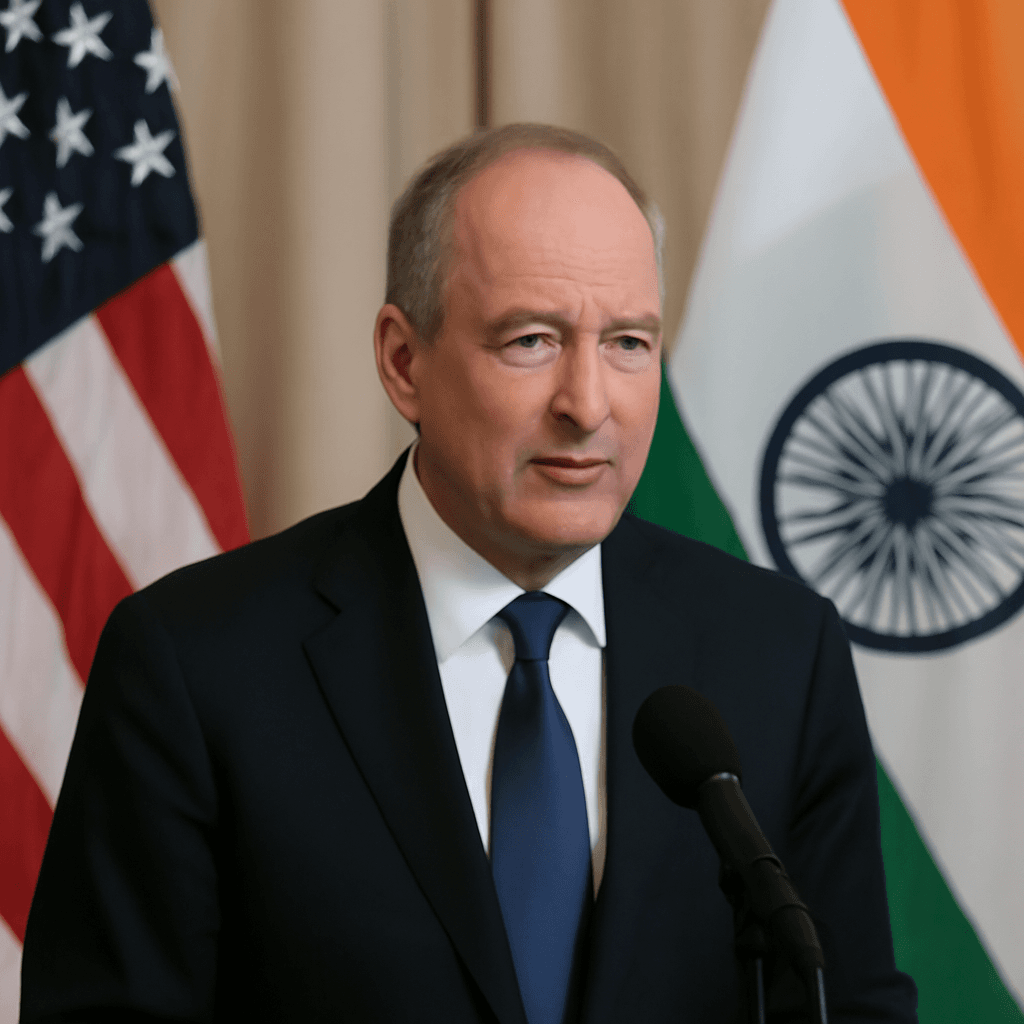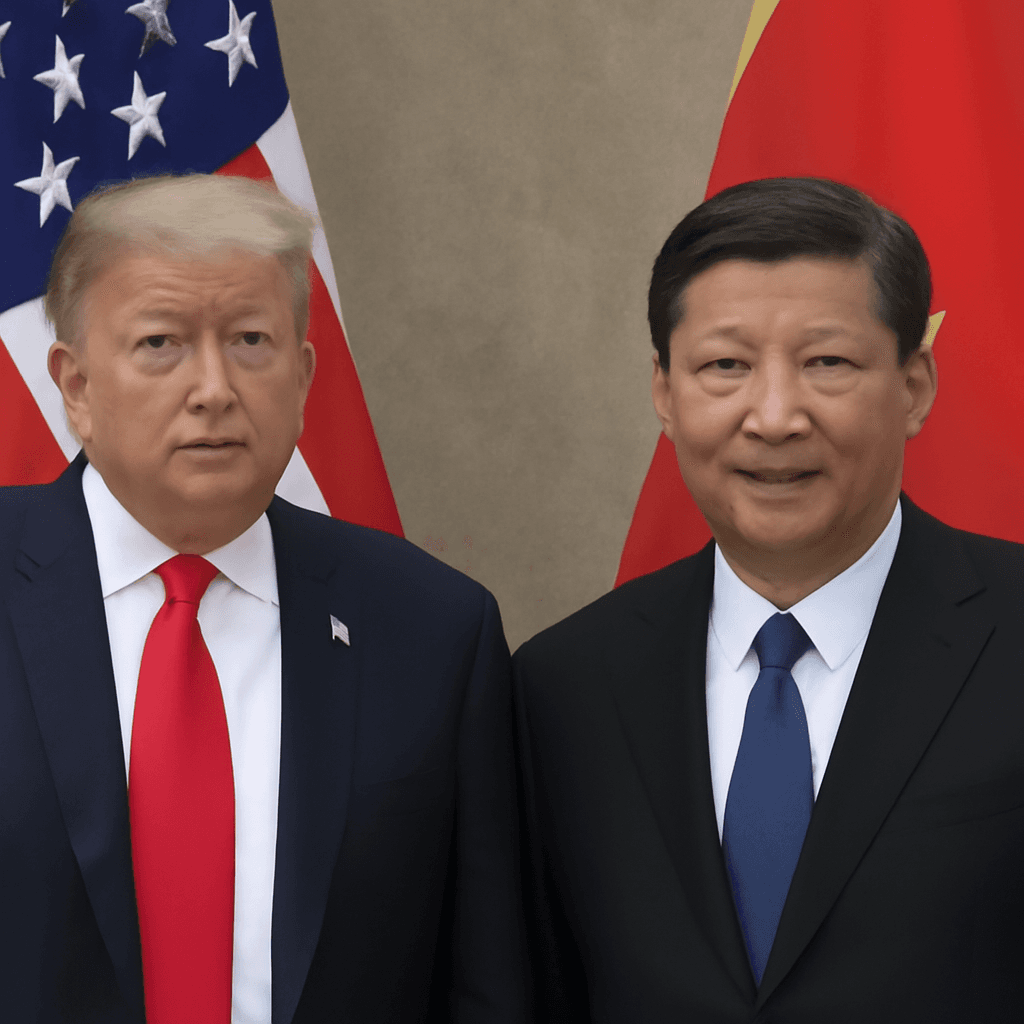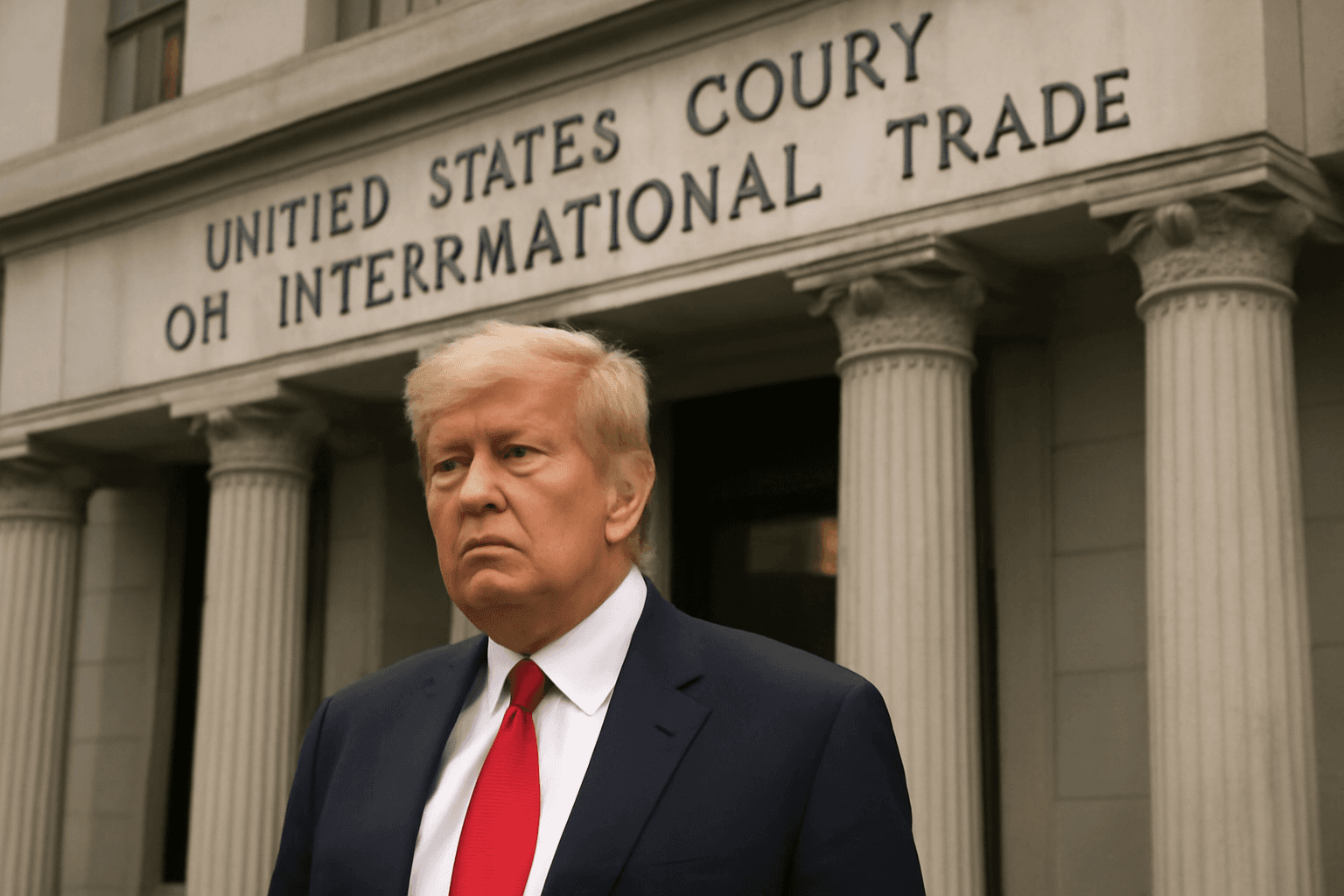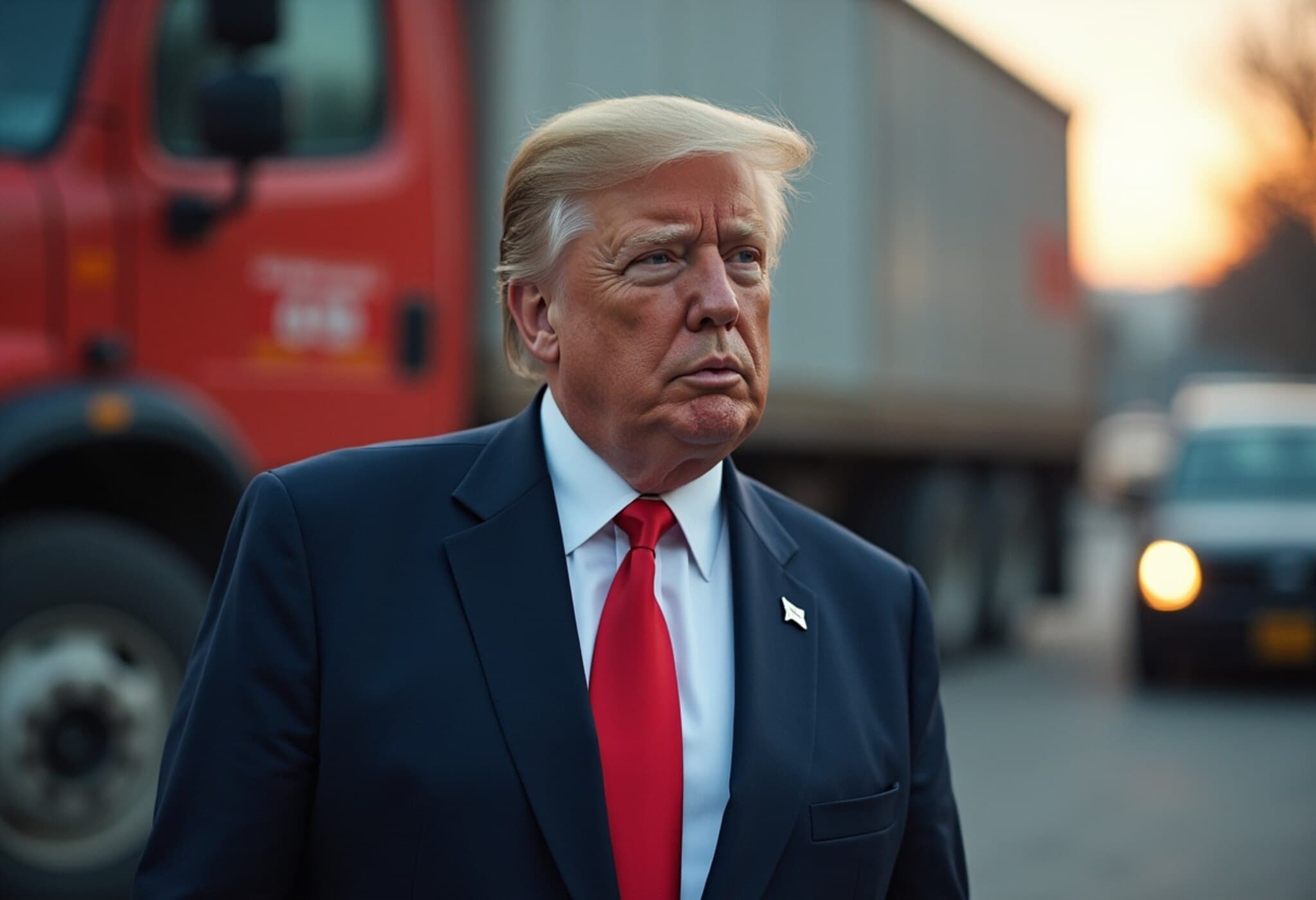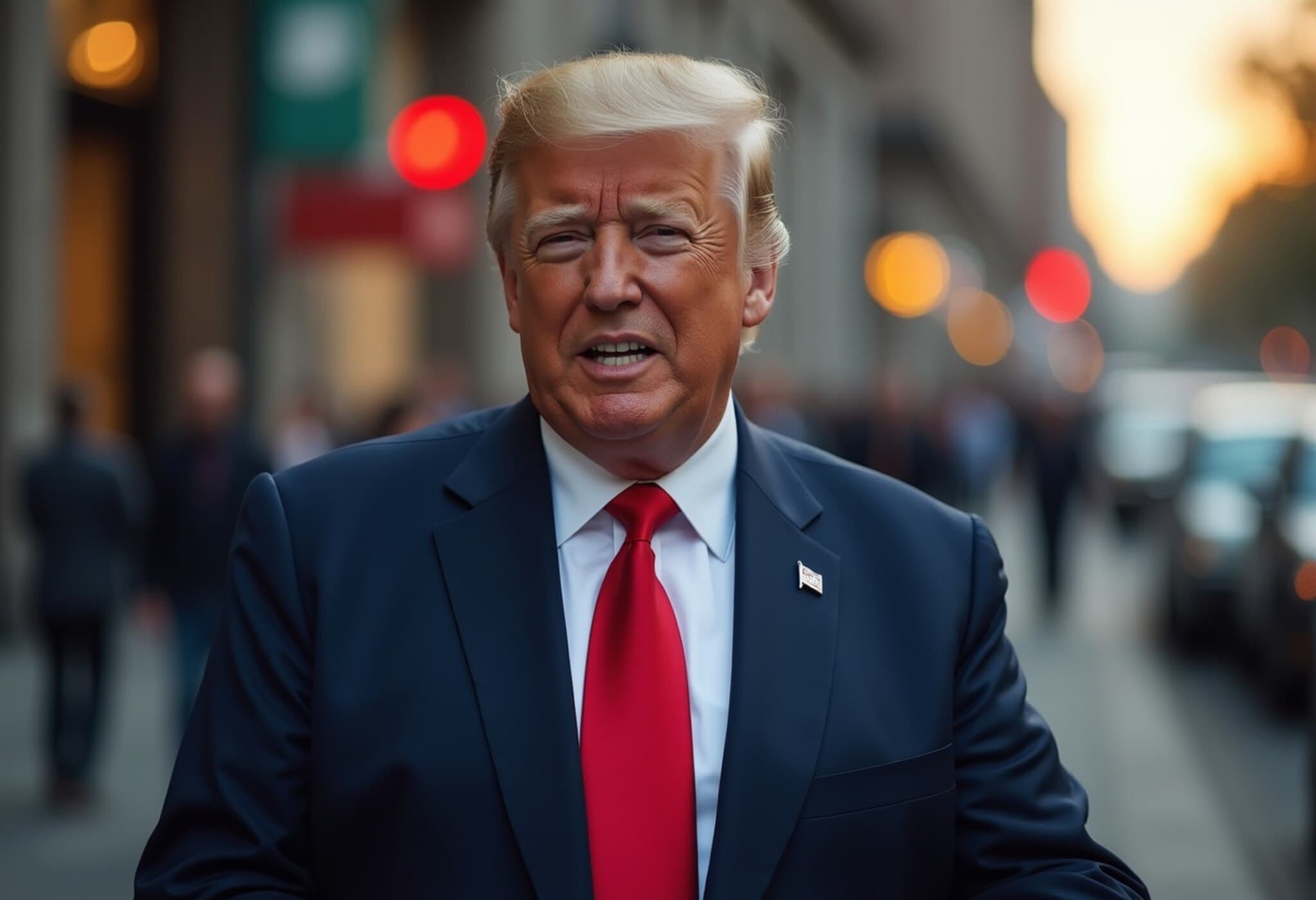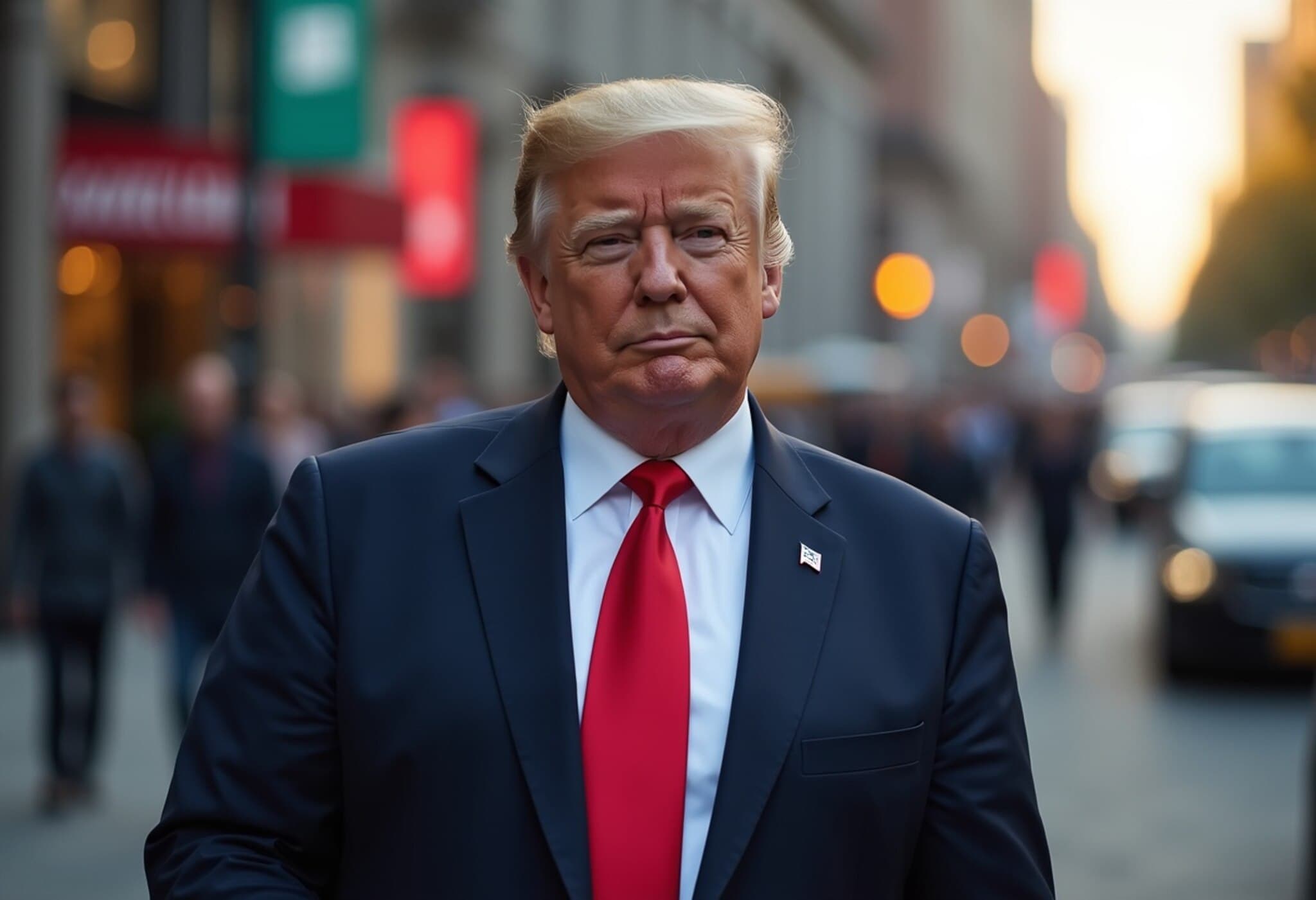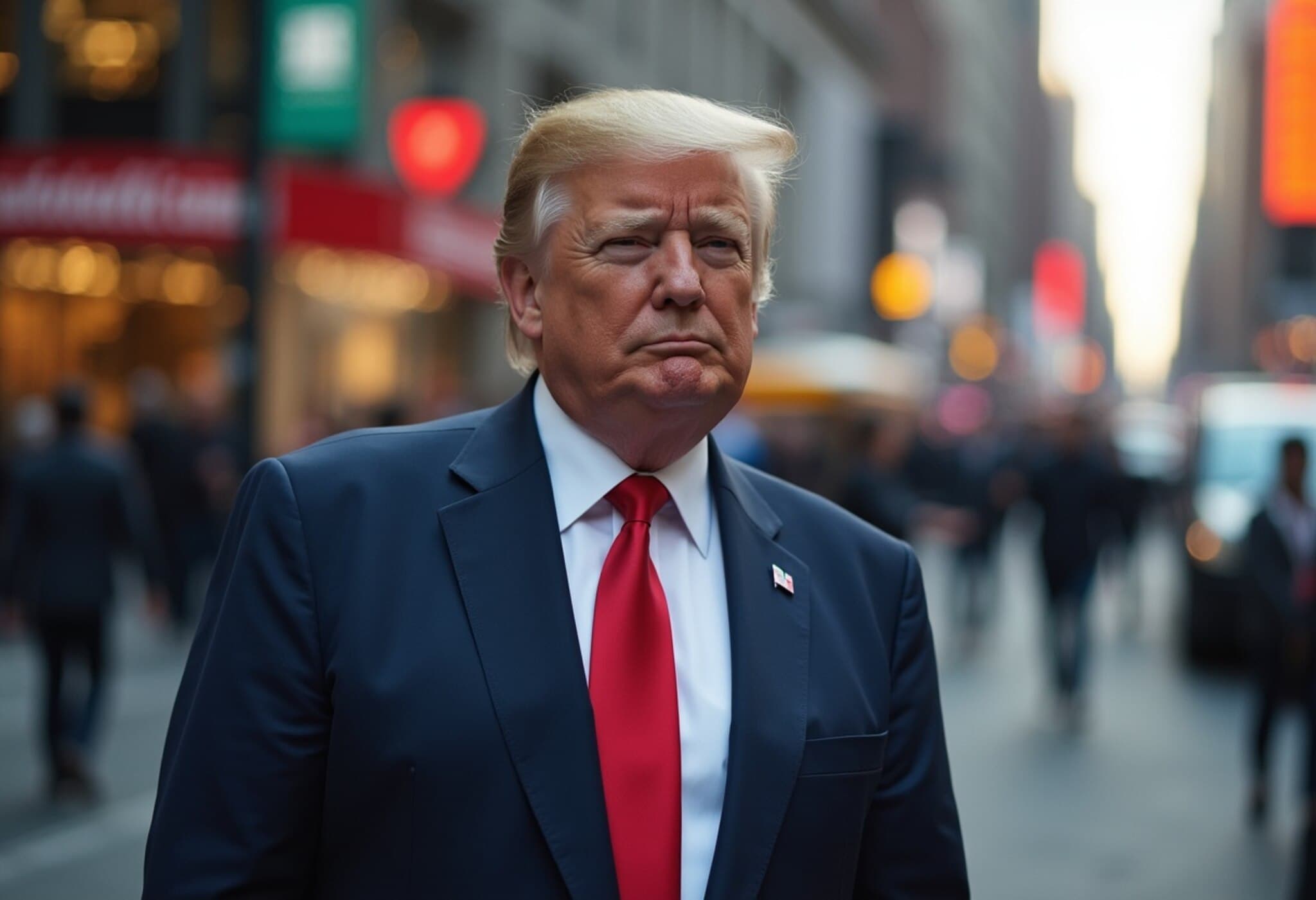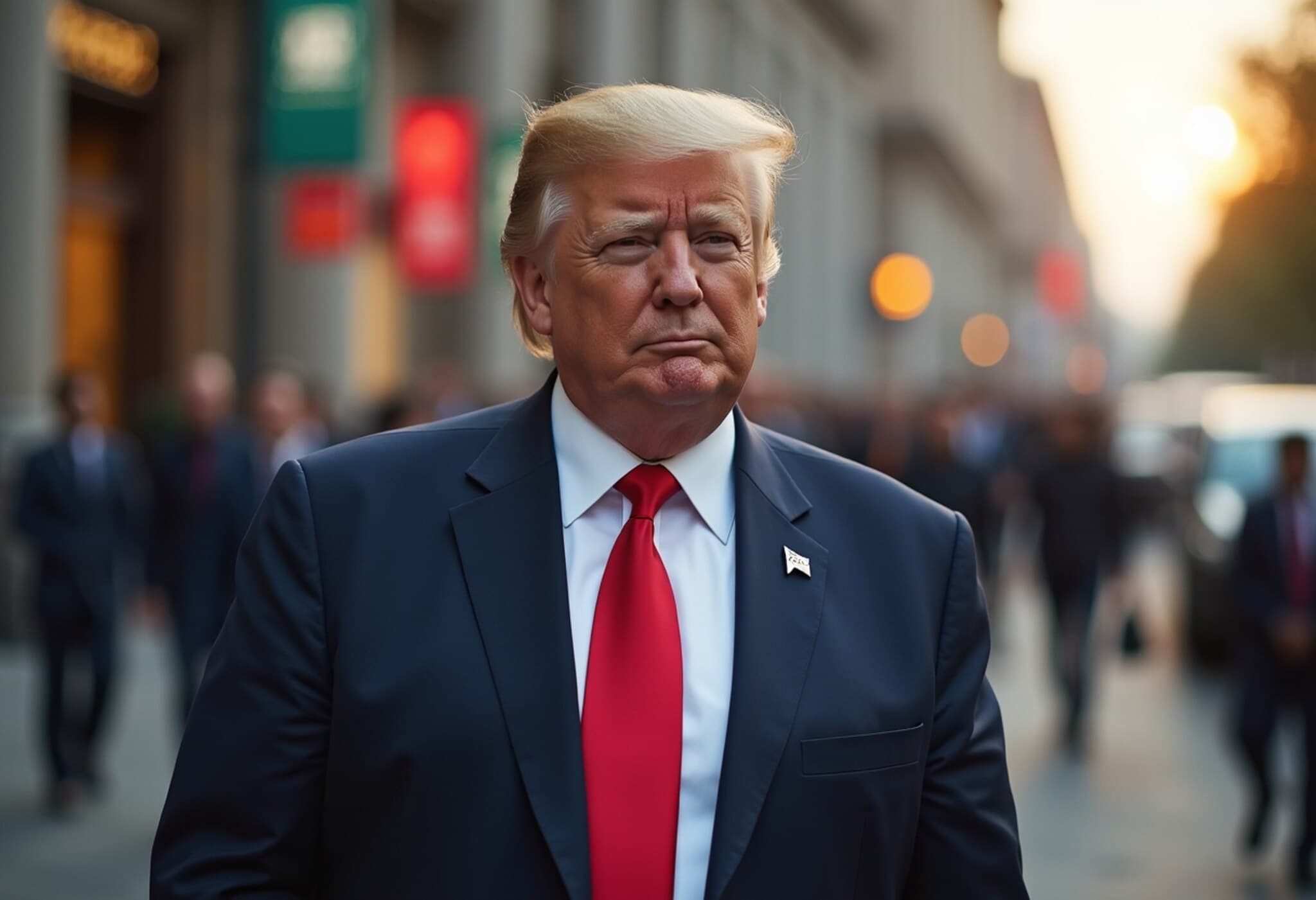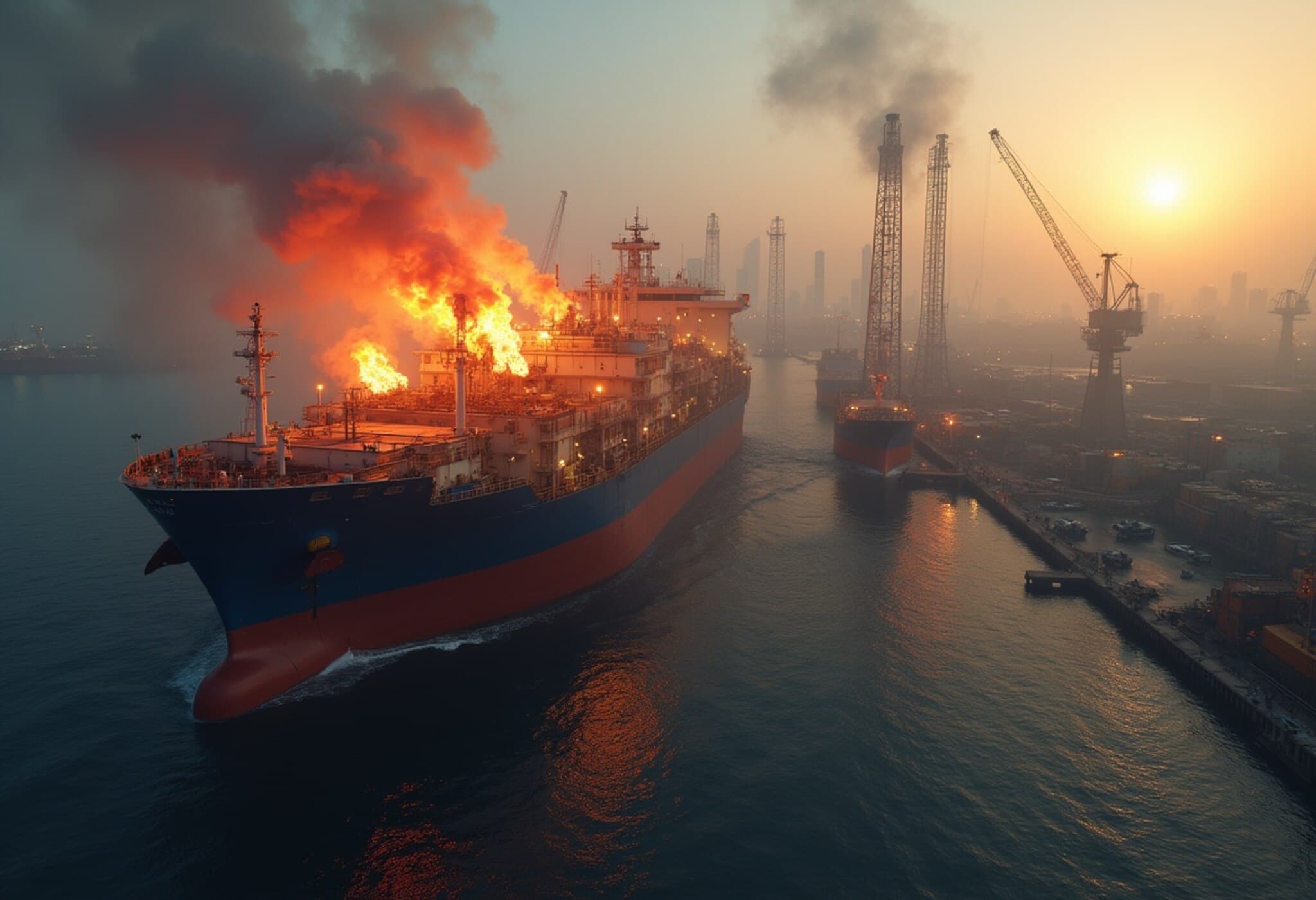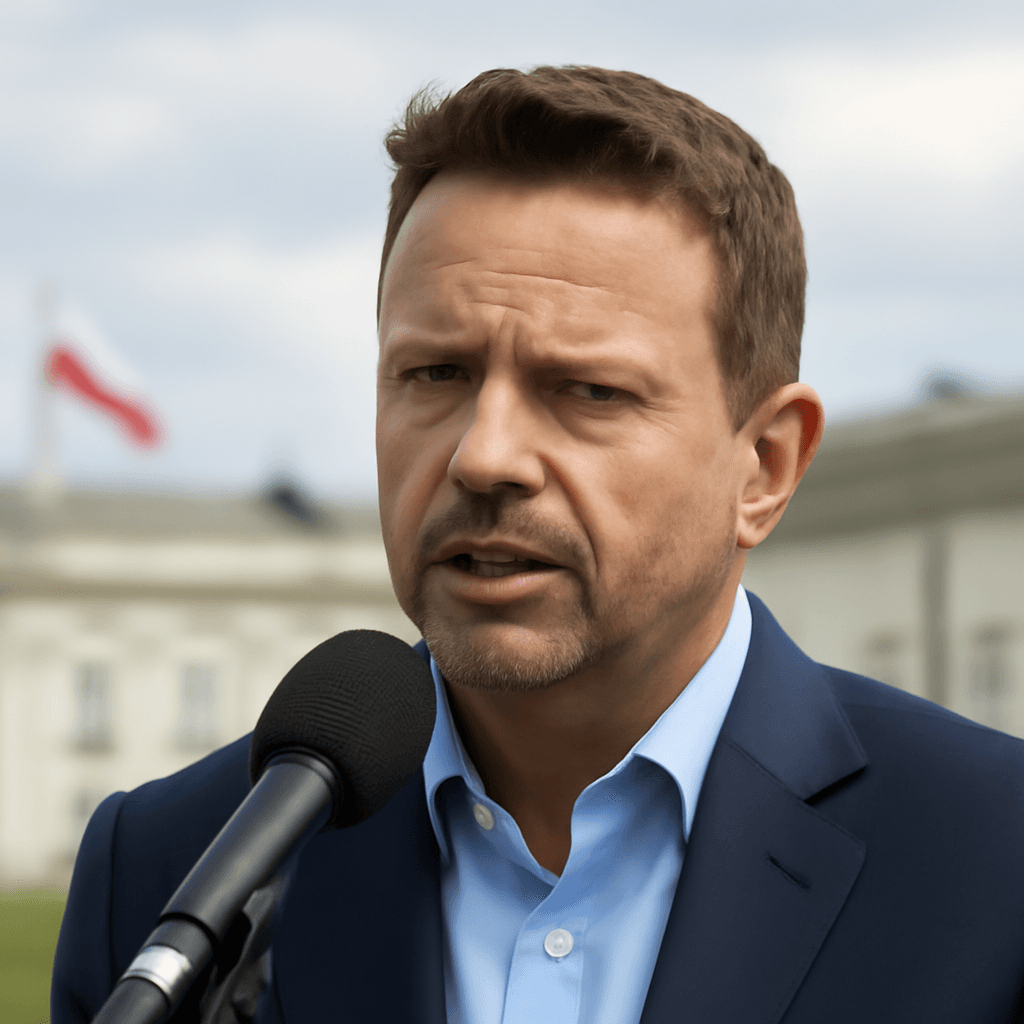US Rejects India's WTO Notice on Steel and Aluminium Tariffs
India recently submitted a formal notice to the World Trade Organization (WTO) proposing retaliatory action against the United States in response to high import tariffs on steel and aluminium. However, the US has rejected this notice, stating that its tariffs are not "safeguard" measures and has declined to engage in discussions on the matter.
Background of the US Tariffs
On February 10, 2025, the US imposed a 25% tariff on all steel and aluminium imports, effective March 12. Citing national security concerns, the US doubled these tariffs to 50% on May 30, effective from June 4. These actions were aimed at protecting the domestic metal industry.
India’s Proposed Retaliatory Measures
On May 9, India informed the WTO that it intended to withdraw certain trade benefits granted to the US, setting a 30-day notice period beginning June 8 for these retaliatory steps. Potential measures include:
- Suspension of trade benefits on certain US goods, notably almonds and walnuts
- Increase in customs duties on American metal imports
US Response and WTO Position
On May 22, the US communicated to the WTO that India's proposed retaliation violates global trade rules, emphasizing that the Section 232 tariffs do not qualify as safeguard measures under WTO agreements. Accordingly, the US has refused to hold discussions with India regarding the dispute, effectively passing the decision for the next move to New Delhi.
Key US stance: "The United States will not discuss the Section 232 tariffs under the Agreement on Safeguards as we do not view the tariffs as a safeguard measure."
Next Steps
With the US rebuffing India's WTO notice and declining dialogue, India is poised to implement its retaliatory duties. The situation reflects ongoing trade tensions and illustrates the complexities of resolving disputes under WTO frameworks involving national security justifications.

